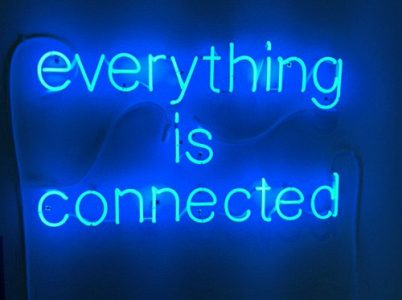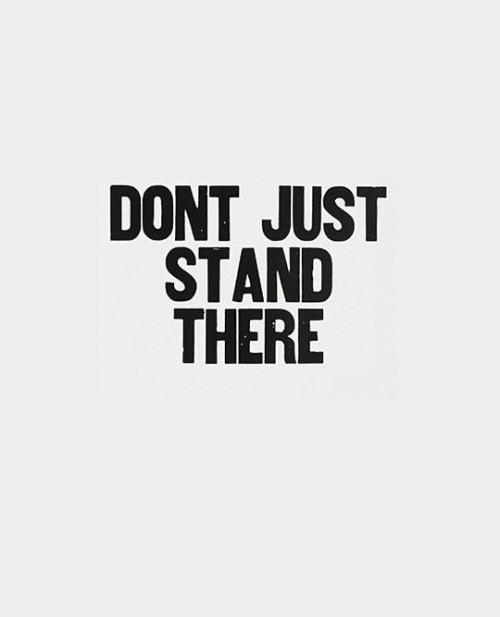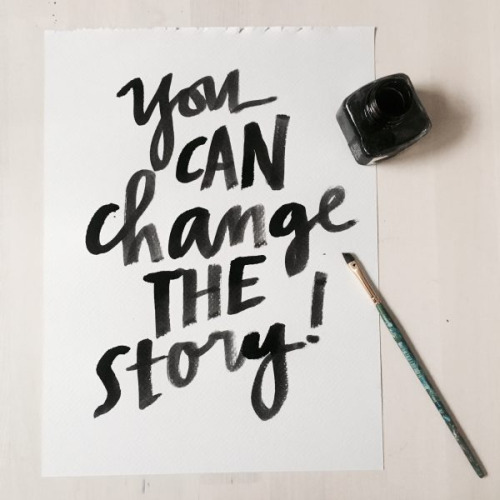Do Your Values Inform Your Agency Culture?
Culture in an ad agency is unique to the place and the personalities of the people running the shop. There is the outward agency persona, and then there is the inward “true” cultural persona of the agency that we all work within.
Agencies are a business and the established distinctive culture of the place is there on purpose. An agency’s culture is part of what the shop is selling to a client, part of the promise to the client, on what type of work they are going to get and how they are going to work together to get there.
The cultural lens — how we want others to look at the world.
Agencies have an inherent culture and value system. It may not always be articulated in a clear manner, but it’s there. Agencies hire against it and seek out clients aligned with specific cultural values. When agencies are clear about it and communicate what that culture is to both potential clients and existing and future employees, it helps to solidify what the agency is about, and down the road it can go a long way in stabilizing the agency’s business and relationships.
I can walk into a shop and very quickly feel and tell what the vibe is going to be. I’m always evaluating a place on the overall environment. However, culture goes beyond an office working space (or agency perks). At the same time, some agencies also have a very strong culture that you won’t get just by walking in the door.
Some places do a great job of matching up (screening) employees against the agency culture and continue to foster the culture on a continual basis. Other agencies do a poor job at defining and maintaining a set of company values, and may find themselves going through high employee turn-over. It takes a lot of effort and nurturing to maintain a company culture.
A strong agency culture starts at the top and is lived by the bigger team, but the values that started the agency may not be the values it currently lives by. As firms evolve, the people who start an agency, the ones that led the starting culture are probably no longer actively maintaining the culture. He or she may have left a legacy and probably an agency manifesto (it may even be in the form of a placard to the wall), but the meaning behind those words is often long lost.
It can be very hard to maintain the original set of corporate values over long periods of time. Current management may not subscribe to all the points the founders subscribed to or subscribe to values-based leadership. Real organizational culture cannot be dictated. Culture can not be segmented to a set of individuals, an HR department or your office manager running weekly parties.
Your leadership leads the culture, but your team lives it.
To shed a positive light, as agencies mature, cultural shifts can happen that make for positive change.
In the agency world, there are some awesome leaders. To them, culture doesn’t mean ping pong or pool tables, a funky space and beer in the fridge. Culture is setting an environment (both physical and intellectual) that focuses on specific values.
For me, the best agencies allow for an environment where employees can feel safe while taking (creative) risks and communicating, unafraid of making mistakes, open to questioning, doubt and curiosity for going beyond what is being asked. The best cultures foster innovation & collaboration — inspiring others and creating a place that helps to recruit talent.
When culture and personalities collide
Anyone who’s ever worked for an agency knows that it’s very hard work and stressful. Agency culture is undoubtedly linked to top management, and the heavy influence of the creative forces in the agency. It wasn’t long ago that we use to put the names of the people who ran the agency on the door. When your name is on the door, you are making a big statement that the agency is heavily influenced by those people, their work and personalities.
While the trend has turned away from putting names on the door, an agency’s culture is still influenced by the strong personalities that are running it. Think about some of the names agencies have chosen to call themselves. Today, many agencies are named specifically for a core agency value.
David & Goliath, Mother, The Barbarian Group and Sideways are just a few agency names that place a stake in their beliefs and values on their agency name.
Realities of a bad cultural fit
Every agency will tell you that they have a “no a–holes” policy when it comes to hiring. However, agencies are businesses and will hire people who have great portfolios, or great new business connections and look the other way at times in regarding cultural fit. All I can say is, get use to working with all types of people.
Yes the a–holes do exist (no matter the stated culture of the agency). But fear not, for there are all sorts of interesting leaders out there that you may work for one day: talented jerks, nice guys (but hacks), brilliant but crappy managers, strategic geniuses without a creative bone, and then there are some really truly gifted creative leaders that you’ll never forget. (Hey, even talented jerks make you work better sometimes.) The one thing I will always remember is that I’ve worked for some great people in my time who motivated that crap out of me.
Why we need strong personalities in advertising.
Here’s my perspective: creative leaders who can get clients and brands to take major cultural shifts in messaging need to have very persuasive personalities. In order to convince a brand that they need to develop and execute communication that incites conversation, provokes a strong response and forces competitors to react takes strong leadership. And that leadership style spills over into managing and leading on the inward agency side and helps to create an agency’s culture.
The divide — you can’t have a values-based organization without values-driven leadership.
This is where many agencies struggle — strong personalities may not have the personal characteristics required to build a values-driven agency. In order for creativity to thrive in a collaborative team-based fashion, the organization needs to embrace cultural values that often run counter to the values of these individuals.
As an agency leader, the take-away is this: while your own intentions and personal values are important, what’s just as important is the cultural system you develop so that the organization as a whole can be resilient, sustainable and kick-ass.
Being a leader who is value-based is hard if you don’t have it in you. It requires that you know yourself, and that you are self-aware when leading and interacting with others. It requires having the ability to be empathetic, that you value different viewpoints, and can see things from multiple perspectives. It means knowing your strengths, and having the self-confidence to accept what they are. It also means treating everyone with respect.
(Part 2 of Do Your Values Inform Your Agency Culture? appearing next week.)
About the Author
Ed Burgoyne runs Makr, an organizational development and operations consultancy that specializes in creative organizations, agencies and internal brands.
To read more articles like this one, visit www.adsubculture.com
Looking to realign your creative organization and improve your agency’s operations? Contact Ed today, ed@makrconsulting.com to learn more on how he can help you and your organization.















